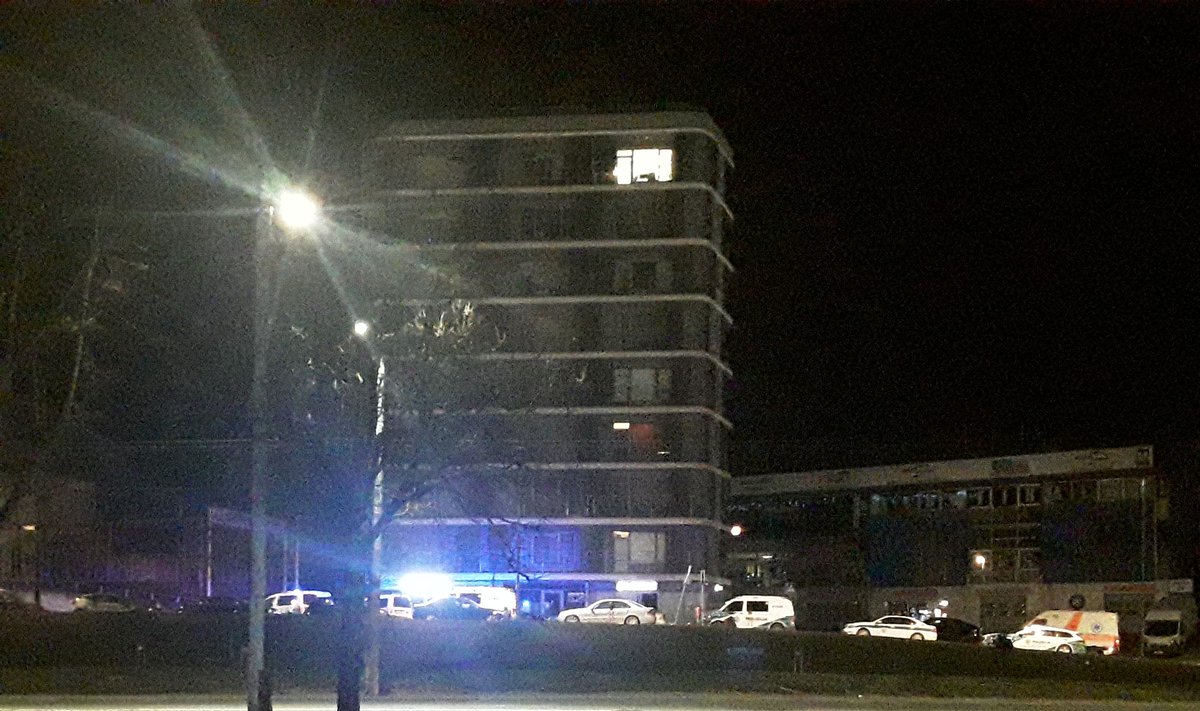In both cases, the noise alerted the neighbors who called the police.
Ervinas Spūdys, the Head of Communication and Marketing office at Vilnius University, claims that VU students are well informed of the nationwide restrictions regarding COVID-19 and the responsibilities they must take on.
He explains that the university does not have information on whether any of their students participated in the illegal parties, and therefore no additional measures were discussed or imposed.
He adds: "But since the parties were not held at the University campus territory, it is up to the legal authorities and the police to take action if the COVID-19 regulations are being deliberately ignored, and these actions pose a significant danger to public health and safety."
The spokesman of the police, Ramūnas Matonis, asserts that Lithuania's Police Department is not reviewing the event [on April 9] at this time and does not provide public information.
In Lithuania, fines for breaking the lockdown rules range from €500 to €1.500. Yet in those students' countries of origin, fines for disregarding COVID-restrictions tend to be cheaper.
In France, the fine for breaking one of the COVID-related rules (not wearing the mask, gathering more than six people, defying the curfew) only amounts to €135. In Belgium, for the same infractions, the fine is a bit heavier: €250, but still less than in Lithuania. Nevertheless, in Germany for instance, the fine is similar to the Lithuanian one (€400 for attending an illegal party).
Almost a hundred people participated at the party in Vilnius. Abroad some parties brought together thousands of people during the coronavirus pandemic.
On the 1st of April, despite the announcement of a new lockdown because of an epidemic rebound in Belgium, thousands gathered in a park of Brussels for an April fools' party. The police dispersed the participants using tear gas and water cannons. According to the organizers, the crowd assembled about five thousand persons, "only" two thousand according to the police.
On the same day, in the German state of Mecklenburg-Vorpommern, about 150 young people went to an illegal party. The police imposed fines for the breach of the state regulation regarding COVID-19 and illegal waste disposal.
Earlier this year, in North-Western France, 2.500 persons met for a New Year party. The rave lasted more than 36 hours: the organizers finally decided to stop everything on their own before a massive deployment of police forces. French authorities feared the creation of a cluster: they invited participants to get tested and to self-isolate. In the end, the consequences are hard to identify: just 1% of the participants took a test.
